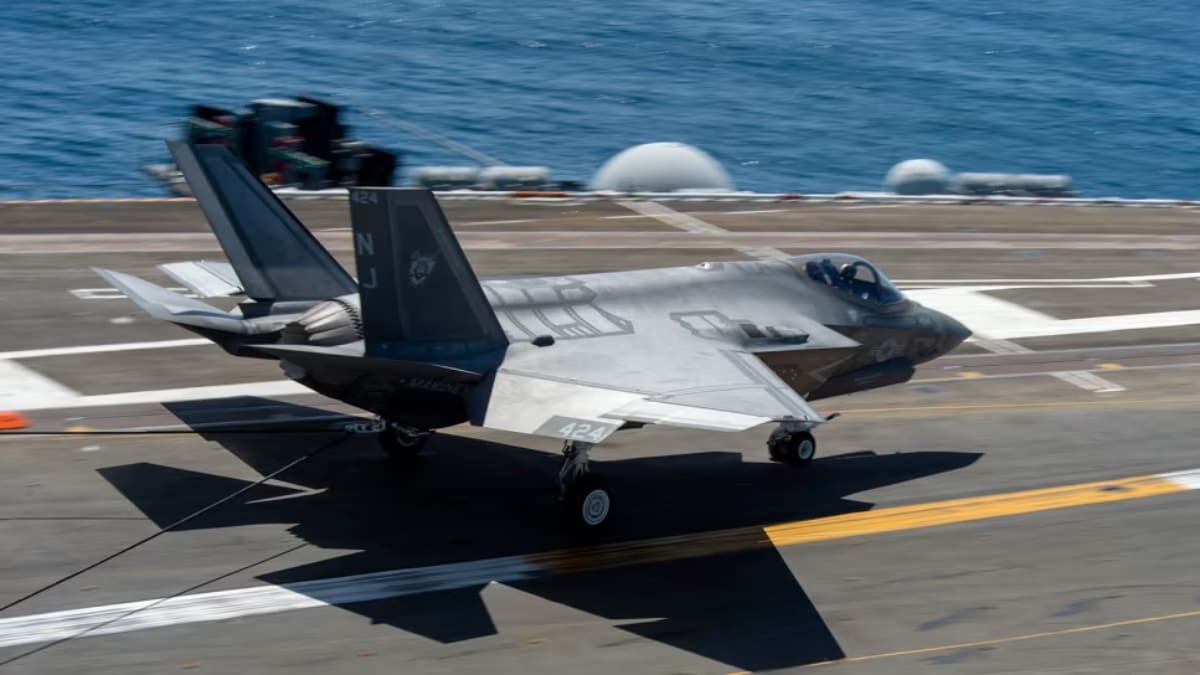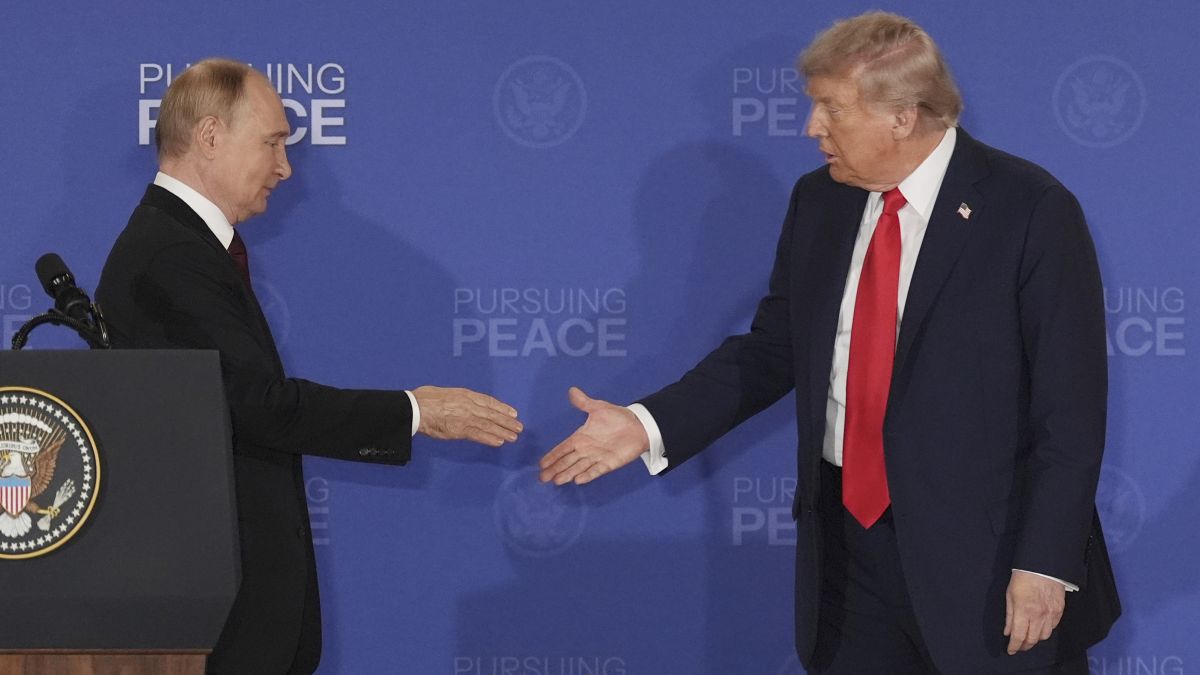Billionaire Elon Musk’s Starlink is all set to see its competitors from Europe and China as both sides prepare to provide an alternative to the low Earth orbit satellite internet network provider. In May this year, it was reported that China has launched more than 100 satellites since August last year and is aiming to have about 28,000 satellites in space when they’re completed, in a bid to compete with Starlink.
Now on Thursday, a deal to forge Europe’s answer to Elon Musk’s Starlink was reached after the continent’s top space firms agreed to combine their satellite manufacturing and services businesses. The developments are coming at a time when Starlink marked its 10,000th satellite launch into orbit, reflecting how much its operation has widened over the years.
Back in 2021, the United States’ Federal Communications Commission approved Musk’s plan to deploy at least 12,000 satellites by 2026. The internet service provider gained prominence in Europe, especially in places such as Ukraine, where an estimated 50,000 terminals are in use to keep the country’s railways, schools, and hospitals online in the event of a power outage amid war.
Here’s a look at some of the upcoming rivals of Starlink.
Europe’s answer to Starlink
Marking the most ambitious tie-up of European aerospace assets since the creation of missiles maker MBDA in 2001, Airbus, Thales of France and Italy’s Leonardo are expected to create a Toulouse-based venture which will begin its operation in 2027.
Code-named “Project Bromo”, talks between the three groups started last year. The European top satellite makers have long competed to build complex spacecraft in geostationary orbit, but have been hit by the arrival of cheap, tiny satellites in low Earth orbit, notably the Starlink network built by Musk’s SpaceX.
Impact Shorts
More ShortsThe three companies now joined hands to create “Project Bromo,” a satellite manufacturing company to compete with rivals in China and the United States. In a statement after the deal was reached, Airbus said that the merger would create a “new European space player” that aims to “unite and enhance capabilities” of the three companies.
“This proposed new company marks a pivotal milestone for Europe’s space industry. It embodies our shared vision to build a stronger and more competitive European presence in an increasingly dynamic global space market," the chief executive officers of each company said in a joint statement.
According to Euro News, the new venture would employ 25,000 people in Europe and aims to launch in 2027. It is subject to regulatory approval. However, other companies are also working to compete with Starlink, such as Eutelsat, which recently received a €1.35 billion cash injection from the French government, Le Monde reported.
Meanwhile, the European Space Agency is also working on a megaconstellation with Thales called the High-throughput Digital and Optical Network (HydRON) project, where satellites will transmit laser signals between each other and a few optical networks on the ground to deliver internet speeds up to a terabit per second.
China’s bid
Similar endeavours have already been taking place in China. There are two Chinese projects, which are officially called Guowang and Qianfan, that are planning to compete with Starlink. According to Wired, the former, which is also known as Xingwang or SatNet, is primarily focused on domestic telecommunications and national security use cases.
Meanwhile, the latter, which is also known as Spacesail or SSST, is more oriented toward providing service to foreign telecom companies. As per the report, until May this year, Qianfan has signed deals with Brazil, Malaysia, and Thailand and has said it’s eyeing dozens of other markets in Asia, Africa, and Latin America.
However, both companies are facing their share of challenges when it comes to launching the first batches of satellites. These challenges include: higher numbers of faulty satellites than SpaceX, bureaucratic hurdles, and limited rocket launch capacity. Timing is also a major hurdle.
According to Wired, if they don’t launch enough satellites into space soon, they could be asked by the International Telecommunication Union (ITU), the United Nations body that coordinates space launches, to scale down the size of their planned constellations. Hence, while the Starlink alternatives sound promising, the road to competing with it is not that rosy.


)

)
)
)
)
)
)
)
)



